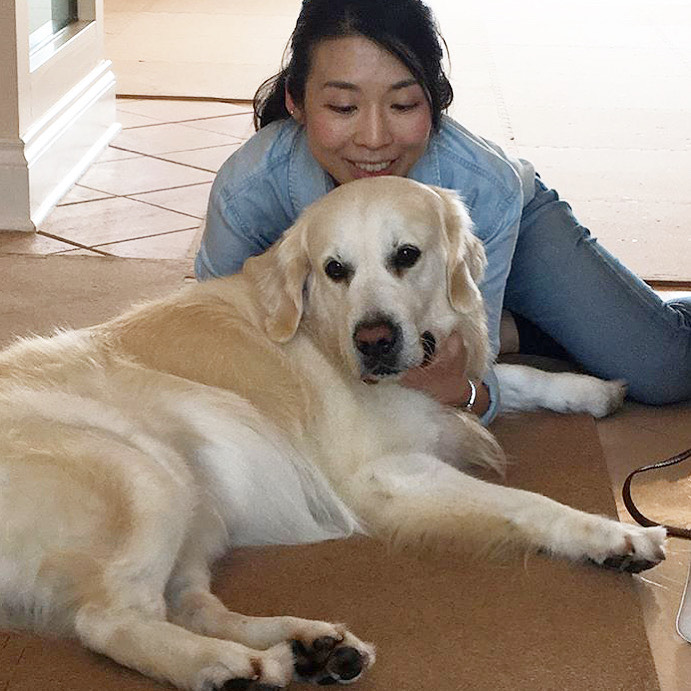Author: Yu Yamamoto, MSc.
Although social distancing is a key to reducing the risk of infecting others, it is important that we remain mindful about its potential psychological impact, especially to those who are generally more vulnerable in difficult times like now.
The outbreak of the novel coronavirus disease 2019 (COVID-19) has led many countries to impose quarantines and self-isolation policies affecting those who may have come in contact with the infectious or those who are symptomatic. Quarantine or social-isolation at home or in a dedicated facility is often an unpleasant experience. The negative psychological impact has been shown to include anger, anxiety, depression, insomnia, and post-traumatic stress symptoms (Brooks et al., 2020).
The potential emotions people experience in difficult times like this include:
- Fear of being infected;
- Fear of infecting others;
- Guilt of having infected others;
- Loneliness of extended periods of self-isolation;
- Anxiety over inadequate information;
- Fear of financial loss;
- Regret of having lost investments;
- Anxiety of lost income from paid work;
- Boredom of having to stay home;
- Frustration of new rules and restrictions;
- Hurt of stigmatisation or rejection from people in one’s neighborhood;
- Stress of looking after others, including young children off school;
There have been some studies examining the psychological effects of quarantine. A study comparing the experiences of post-traumatic stress symptoms in children and parents quarantined, with those not quarantined, showed post-traumatic stress scores were four times higher among the children quarantined (Sprang & Silman, 2013). Another study by Jeong et al. (2016) has also found that having a history of psychiatric illness was associated with symptoms of anxiety and anger four to six months after being released from quarantine.
As social animals, we human beings are hardwired to seek social contact, we behave empathically, and seek for empathic behaviour. It is therefore entirely natural for us to feel vulnerable under the impact of social-isolation. Some people may feel more confident at handling loneliness while others may be more prone to developing symptoms of anxiety and depression of clinical severity, or subclinical, or other mental health issues.
Looking after oneself is difficult but many people have responsibilities in looking after others too, most commonly young children and elderly individuals. Although rewarding, this can also be an extra stressor.
What then could reduce the risk of experiencing these problems?
Previous studies suggested the importance of the following:
- Restrict the length of quarantine. restricting the length of quarantine or self-isolation to reasonable duration would minimise the risk of experiencing potential negative psychological impact. There is a balance between quarantine duration that is safe for society and safe for the individual
- Share information. The fear of being infected or infecting others is common and may be exacerbated by inadequate information. Adequate knowledge of infectious disease and the reasons for quarantine is essential. People are better able to tolerate stressors when those stressors are better understood.
- Improve communication with your family, friends, and other support systems. Because social-isolation will cause distress, it is important that you have your phone or computer to hand so that you can remain in contact with your family and close friends as well as your mental health professionals. Social media could also play an important role in allowing you to stay in touch with those who are far away.
- Altruism, empathy, and prosociality. Feeling and knowing that others would benefit from your intent to keep social-distance, and caring for those who may be more susceptible to developing mental health issues could make difficult situations like this easier to live through. Let us all remain mindful about the power of empathy and prosociality, and reach out to those who could use even just a tiny share of care from us by phone, email, and text.
Lastly, it is important that you do not feel guilty or ashamed about seeking help. With social distancing requests in place, it may be challenging for many to seek help from friends and family or from mental health professionals in a manner that they usually would. Many mental health professionals are moving to offer online services to make this easier.
In the midst of uncertainty, Tokyo Mental Health will continue to provide you the services as usual, either face to face, or over video or phone calls if you prefer.
Book an appointment online now with one of our licensed counselors.
You can also email your enquiry to us at [email protected]
References:
- Brooks, S. K., Webster, R. K., Smith, L. E., Woodland, L., Wessely, S., Greenberg, N., & Rubin, G. J. (2020). The psychological impact of quarantine and how to reduce it: rapid review of the evidence. The Lancet. DOI:https://doi.org/10.1016/S0140-6736(20)30460-8
- Jeong, H., Yim, H. W., Song, Y. J., Ki, M., Min, J. A., Cho, J., & Chae, J. H. (2016). Mental health status of people isolated due to Middle East Respiratory Syndrome. Epidemiology and health, 38. doi:10.4178/epih.e2016048
- Sprang, G., & Silman, M. (2013). Posttraumatic stress disorder in parents and youth after health-related disasters. Disaster medicine and public health preparedness, 7(1), 105-110. doi:10.1017/dmp.2013.22.
About the author:

Yu Yamamoto, MSc
Yu Yamamoto completed a Masters in Science (MSc.) degree in Psychology from Maastricht University in the Netherlands. Yu previously worked as a researcher at a research institute in Japan, with her main research focus on the development of prosocial behaviour and empathy particularly during the developmental periods of childhood and adolescence.
Yu provides psychological evaluation services to children, adolescents, and adults in both English and Japanese, using a diverse range of assessment tools that are available at Tokyo Mental Health.